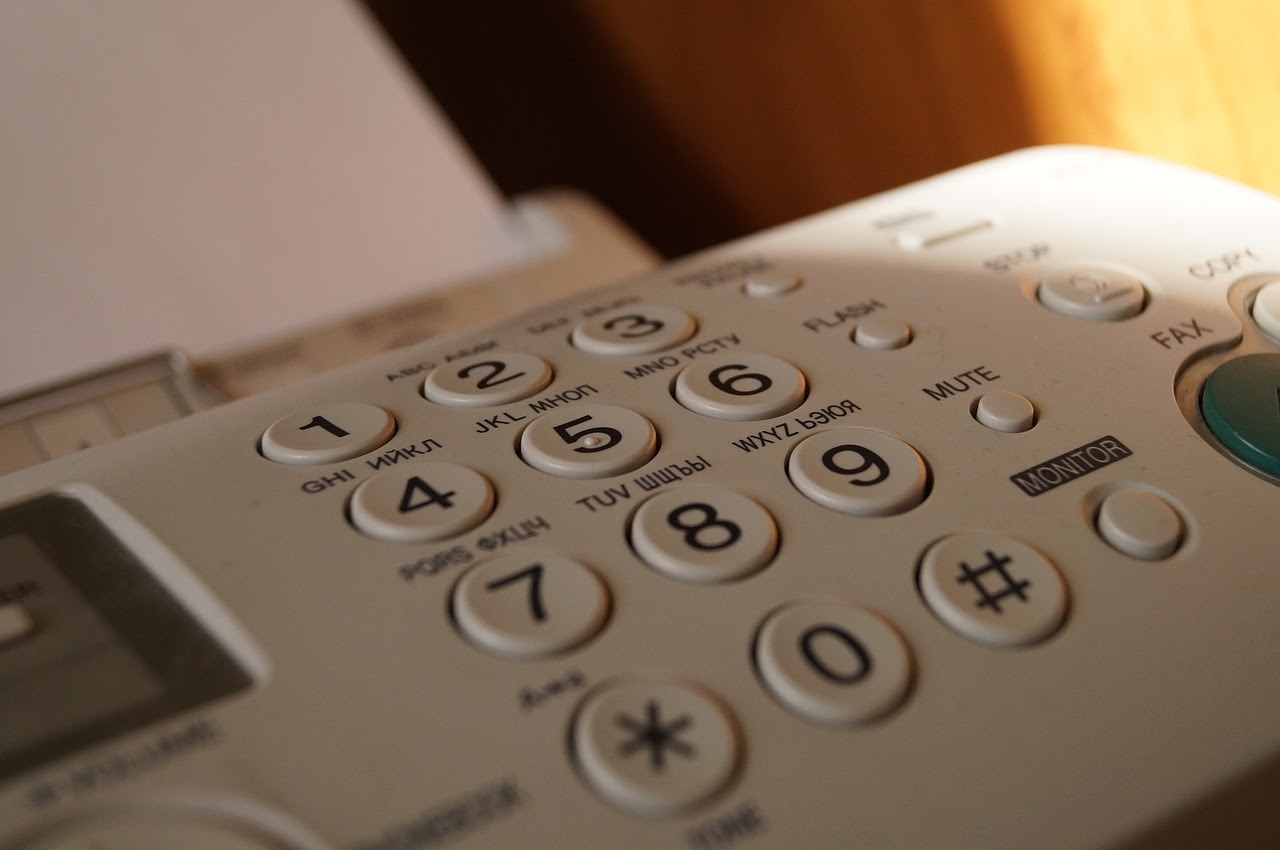6 Reasons Why Fax Machines Remain Popular in Japan
From a technology standpoint, Japan often seems like two countries in one. There is the Japan that is famous for its humanoid robots, bullet trains and high speed broadband. But there is another Japan that is addicted to printed documents, cash-based transactions and the hum of the fax machine.
Japan is one of the few countries in the world where the sales of fax machines grew in 2019. Clinging onto the fax machine may seem atypical for a country that led technological advancement in the 1970s and 1980s. Nevertheless, the fact that virtually all businesses in Japan and more than a third of households own a fax machine is not by chance. Here is a look at some of the reasons fax machines are so integral to life in the land of the rising sun.
-
It Works
Why change something that delivers the desired outcome? Japan has stuck to the fax as many other countries transitioned to newer ways of document transmission. Even countries that still have widespread use of fax have moved to cloud-based fax services such as eFax. And yet despite Japan’s resistance to change, it remains one of the best performing in the world on a broad range of social and economic progress indicators.
Though it has relinquished its lead in electronics manufacturing to its East Asian rivals China and South Korea, Japan is still one of the world’s most technologically advanced societies. And it has done that while remaining faithful to the traditional fax machine.
-
The Hanko
The hanko is a personal seal required in the place of signatures on official documents in Japan. It is a centuries-old culture whereby a person’s name is embossed onto a small stamp. The hanko is needed on everything from signing an employment contract to opening a bank account.
A closer look at many administrative and business procedures would show that much of the process can be done without faxing or printing. However, it is the requirement to have a hanko stamp that compels individuals and businesses to relay most documents by fax. The Hanko Industry Association also remains fairly influential.
-
The Government
The Japan Research Institute recently conducted a survey of administrative procedures that involve the national government. Of the approximately 55,000 procedures, only 7.5%, or around 4,000, could be completed online. The situation was even worse at certain ministries such as Agriculture, Forestry and Fisheries where just 1.3% of procedures could be completed entirely online.
With the government heavily invested in manual, paper-based processes, the country’s citizenry and businesses likely follow its lead.
-
Reverence for and Complexity of Written Language
Japanese society has a long held and deeply ingrained cultural reverence for writing. In addition, Japan’s written language is complex, especially when compared to the Latin script much of the world is accustomed to. There are thousands of characters in its three different scripts.
So for anyone who is well versed in the written language, it feels much easier to write what they want to communicate on a piece of paper than fax it to the recipient. Add to that the intimacy of handwritten messages and how that helps establish strong personalized bonds.
-
Aging Society
Japan has the second highest life expectancy in the world. As at 2019, the country had a life expectancy at birth of nearly 85 years. This is reflective of the good health of the average person as well as the quality of the country’s healthcare system. But such high life expectancy is also why Japan has the second highest median age on earth at almost 50 years.
What does this mean for fax use? The older demographic is less amenable to change in how things are done. Given that such a large proportion of the country has become accustomed to fax over much of their working life, they will not be keen on shifting to online alternatives. Therefore, any concerted attempt to push out the fax machine may have to wait until the older generation dies out or retires.
-
Small Businesses Dominate Economy
Many are familiar with the role monolithic conglomerates played in propelling Japan to become the world’s second largest economy for decades before it was overtaken by China. Referred to as keiretsu, they still dominate the country’s industrial landscape and are household brands around the world.
Yet, small businesses still dominate Japan’s economy and this has been a key driver for the persistent use of fax machines. Unlike large corporations that may be compelled by global market forces to shift to newer methods, many small businesses in Japan have never even needed to use computers. That means they still require customer orders, invoices and other business documents be relayed by fax.
Will Evolve, Not Disappear
Fax remains an essential tool of business in Japan and is unlikely to disappear from everyday dealings anytime soon. What is more probable is that fax will evolve into using cloud-based fax services that easily integrate with more modern communication methods like email.

